Photo credits: Library of the U.S. Congress
On May 24, 1861, at Hampton, Virginia, Major General Benjamin F. Butler permitted three African slaves to stay in Fort Monroe instead of being returned to their plantations.
According to an online article released by the Hampton History Museum, the three men, Shepard Mallory, Frank Baker, and James Townsend, had departed the night before after a popular vote affirmed Virginia’s secession from the United States. Butler (a lawyer and Union general) exploited the slaves’ position as property against their owners. He refused to release them on the grounds that they would be seized as “contraband of war.”
The acts of Mallory, Baker, and Townsend, as well as Butler’s “contraband” policy, prompted the mass escape of tens of thousands of persons and contributed to the change in U.S. policy towards black liberation and the abolition of slavery.
In 1861 and 1862, Congress established legislation for the U.S. military to provide asylum to enslaved people fleeing the country. These laws paved the way for the Emancipation Proclamation, which proclaimed the abolition of slavery a fundamental goal of the United States. These laws also authorized non-disabled freedmen to serve in the U.S. military. Approximately 200,000 Black men participated in the U.S. Army and Navy.
These black U.S. military service members were instrumental in changing the tide of the Civil War in America’s favor.







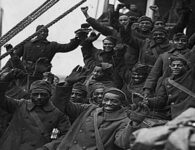
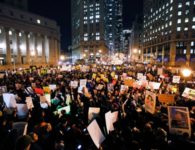

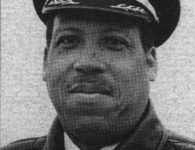
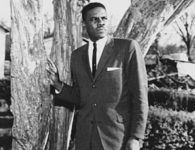


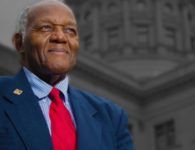
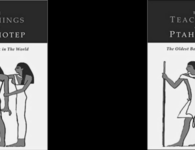


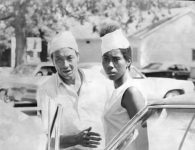


No comments